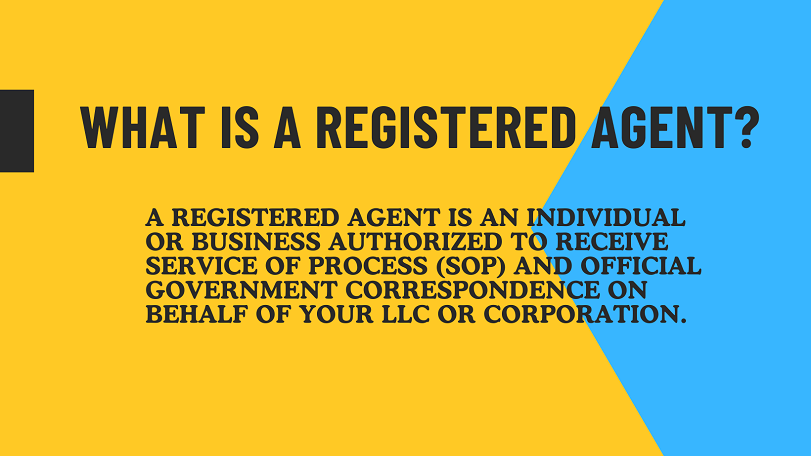Physical Address
304 North Cardinal St.
Dorchester Center, MA 02124
Physical Address
304 North Cardinal St.
Dorchester Center, MA 02124

As a small business owner, staying compliant with state regulations is crucial yet can be confusing. One requirement in particular that many entrepreneurs have questions about is designating a registered agent. This article will explain what a registered agent is, why your LLC or corporation needs one, how to select the best option, and how to manage registered agent changes. With the right information, you can easily ensure you meet your state’s registered agent rules and avoid any compliance headaches down the road.
Table of Contents
A registered agent is an individual or business authorized to receive service of process (SOP) and official government correspondence on behalf of your LLC or corporation. This means they can receive legal documents like summons or subpoenas so your company is notified of any lawsuits or legal proceedings.
Registered agents provide a reliable point of contact for the state to forward important communications to your business. They also give plaintiffs an easy way to officially serve your company in the event of legal disputes.
Nearly all states require entities like LLCs and corporations to continuously maintain a registered agent in order to operate. The registered agent must be available and physically present during normal business hours at their listed address to receive documents in person.
While it may seem like an unnecessary hassle, having a proper registered agent setup provides major benefits:
Compliance – It keeps your business compliant with state laws and in good standing. Penalties for lack of registered agent include fines, inability to operate, and even administrative dissolution.
Privacy – Your home address can be kept private. The registered agent’s address is what will be listed on public state records.
Flexibility – Unlike sole proprietors, you don’t have to be physically present at your business address all the time. Your registered agent handles that responsibility.
Protection – You avoid the risks of missing important legal notices or correspondence from the state.
Peace of Mind – Let a professional registered agent handle SOPs and compliance so you can focus on your business!
You have three main options when selecting your registered agent:
Appointing yourself or an internal staff member does save money. However, there are downsides – you must be available at the physical office every business day which limits flexibility. Using a third-party registered agent service often provides the best protection and convenience for your LLC or corporation.
Over time you may opt to switch your registered agent as your business evolves. Reasons include:
To change your registered agent, you must file the proper documents with the state – often called a Change of Registered Agent form. Some key steps include:
Be sure to get everything filed properly to avoid any lapses in registered agency. Take the time to find a registered agent that meets your business’s current needs when making a switch.
Stay compliant and protected by securing the ideal registered agent for your small business. Don’t let this crucial requirement become an afterthought – get set up properly from the start!